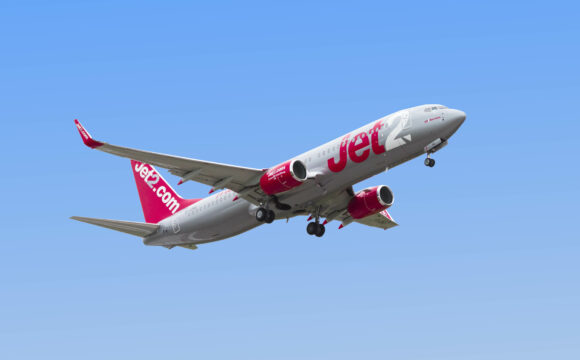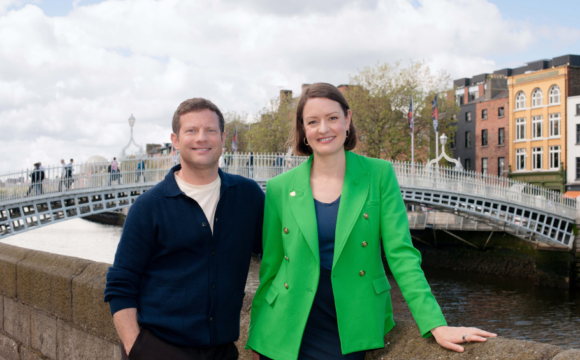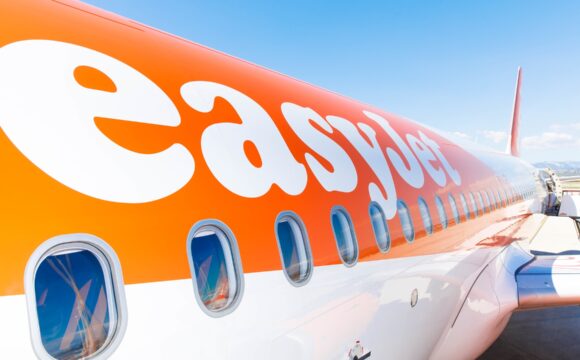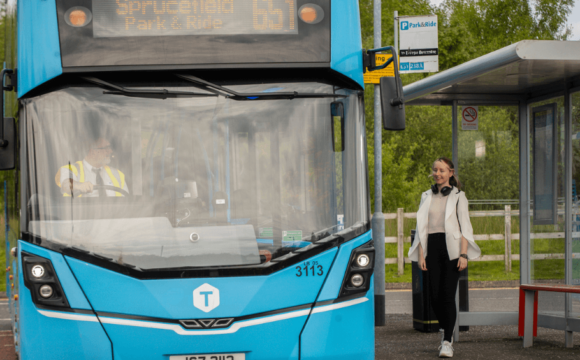The Orphanage Tourism Taskforce has been set up by the international charity Hope and Homes for Children and ABTA – The Travel Association, in response to the global issue of a burgeoning orphanage ‘industry’.
The task force says misdirected donations, holidaymaker visits and volunteer projects in orphanages can help to fuel a corrupt orphanage business that tears families apart, exploits children for commercial gain and exposes them to abuse. Its members include TUI, Intrepid, Exodus and Projects Abroad.
Announcing the Orphanage Tourism Taskforce, Hope and Homes for Children’s CEO Mark Waddington said: “What many tourists, volunteers and even some travel companies don’t know is that 80 percent of the eight million children trapped in overseas orphanages today are not orphans.
“Most are separated from their families because of poverty, disability or discrimination. But increasingly, children are also being targeted to pose as orphans, to meet the demand of travellers from wealthy countries who want visit orphanages while overseas.
“Often these children can be forced to perform or beg for funds from these tourists and volunteers.”
More than 80 years of research shows that orphanages can expose children to higher levels of abuse and neglect. As many as 37 out every 100 children living in orphanages may suffer violence or sexual abuse.
The lack of individual love provided by orphanages can also damage children’s emotional, physical and neurological development in ways that can last a lifetime. Every three months spent in an orphanage before the age of three, for instance, can stunt a child’s physical and cognitive development by one month. After six months, these children are at risk of never recovering.
Mark continued: “The tragedy is that many dangerous orphanages are operating as profit-making businesses. Some even employ professional child-finders to go into impoverished communities to persuade vulnerable parents to give up their children with the promise of schooling. This is child trafficking.
“The more children the orphanage has, the more funding they receive, or the more well-meaning visitors they attract from Western countries.
”It’s a lucrative industry, with the money too often ending up in the pockets of orphanage owners, instead of benefiting children and their families.”
Visits can also leave children vulnerable to abuse where child protection regulations are lax.
“It would be unacceptable for a volunteer from overseas, who has no experience and has undergone no background checks, to help out in our local school or nurseries in the UK. And so the same should apply to overseas orphanages.
“Orphanage tourism and volunteering can also contribute to attachment disorders in children who become close to short-term visitors.”
As part of this new joint initiative, ABTA is reminding its Members of the importance of moving away from offering donations, volunteer projects and tourist trips to orphanages and the need to educate well-meaning travellers.
Mark Tanzer, ABTA’s Chief Executive said: “ABTA has been taking an active role in supporting child safeguarding for many years and advising its Members to move away from supporting orphanages. Travel companies have policies not to visit or support orphanages, but there is more to be done because the issue is still concerningly prevalent.
“Working in partnership with Hope and Homes for Children, The Orphanage Tourism Taskforce will increase traveller awareness of orphanage tourism, provide evidence to government to inform advice and engage with tourist boards and local suppliers to transition away from any orphanage visits.
“It is well meaning travellers that are trying to help but by raising awareness of the reality we can safeguard children’s’ futures.”
















